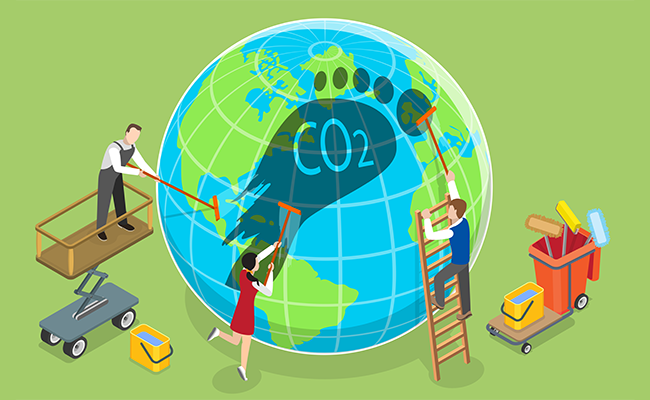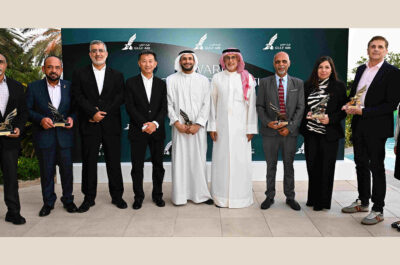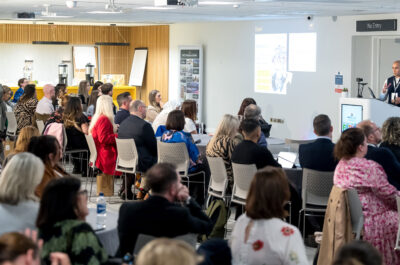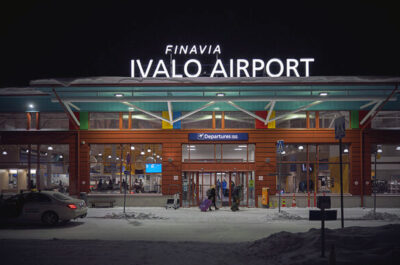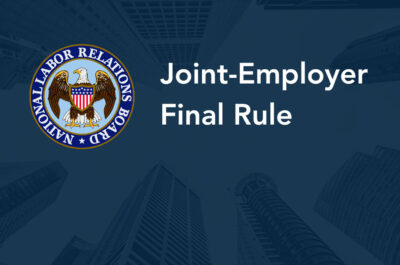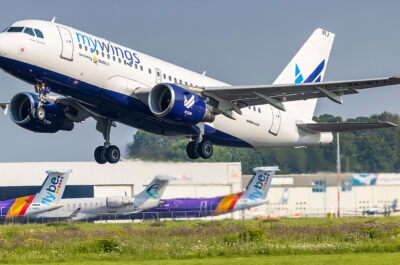Innovation and developments are coming thick and fast, and bringing unfamiliar words and phrases to a travel manager’s remit. In order to adapt effectively to changing economic and regulatory environments, it is essential that travel policies are clear about these terms and what they mean.
In the wake of COP26 and as we transition towards a new “green” economy, it’s useful to clarify some key terms that have appeared frequently over the past few weeks. Here, Pippa Ganderton, product director at ATPI Halo, unpacks some of those terms.
Greenhouse gases
Greenhouse gases (GHGs) are gases that settle in our atmosphere and prevent infrared light from leaving it, increasing the temperature of our planet. They include carbon dioxide (which is the primary gas produced during industrial activity), methane, nitrous oxide, and fluorinated gases. The current volume of carbon dioxide production means that it is responsible for the majority of greenhouse gas effects and has therefore become synonymous with climate change.
Decarbonisation
Decarbonisation is the process of both increasing energy efficiency and reducing the amount of greenhouse gases emitted per unit of energy that is consumed. This is achieved by obtaining energy from renewable sources such as solar, wind or hydropower, or using fuels that emit lower levels of carbon dioxide such as liquified natural gas (LNG).
Carbon offsetting
Carbon offsetting typically refers to the purchase of ‘carbon credits’ to compensate for unavoidable emissions, where one carbon credit is equivalent to one tonne of CO 2 emissions produced. Carbon credits are investments in carbon sink projects that absorb CO 2 or prevent its emission, such as renewable energy, and which should support the economies of the communities in which the projects are located. The carbon credit marketplace has been criticised, however, as it can be exploited by organisations seeking to buy their way out of their emissions-reduction obligations. Despite this, carbon offsetting through properly accredited programmes in order to compensate for unavoidable emissions can be considered essential while the economy more broadly transitions through decarbonisation.
Carbon neutrality and net-zero
Both carbon neutrality and net-zero refer to minimising emissions, including throughout an organisation’s supply chain. In order to achieve this, robust measurement across all areas of operation must be established to create accurate and measurable data. A significant component of any carbon-neutrality strategy must be to firstly decarbonise, as well as committing to investing in new, more energy-efficient technology and processes as they become available. Carbon credits can then be used to offset unavoidable emissions.
Sustainable Aviation Fuels (SAFs)
Sustainable Aviation Fuels (SAFs) include biofuels, made from renewable sources such as used cooking oil, plant oil, municipal waste and agricultural residues (biomass), and more recently developed synthetic fuels.
When employed as the sole source of fuel, biofuels are reported to have the potential to reduce lifecycle emissions by between 50 and 80 per cent compared with conventional aviation fuel, and burn more cleanly as they contain fewer impurities such as sulfur, thereby reducing air pollution. They are also “drop-in fuels”, meaning that they can supplement conventional jet fuel. Currently technology only allows for biofuels to make up a maximum of 50 per cent of an aircraft’s fuel, and usage at even far lower percentages is by no means mainstream.
Despite the promise of biofuels, preliminary calculations suggest that the entire world’s food production would need to be re-appropriated in order to meet the fuel requirements of pre-Covid air traffic. Biofuels are therefore unlikely to be a broad, long-term solution. However, given their renewable nature and their clean-burning properties, they will almost certainly be a part of it.
While an exciting development, synthetic fuels face a major obstacle to mainstream use in the amount of energy required to produce them. In order to be sustainable, this energy would need to be renewable, and the airline sector would need multiple times the current global renewable energy infrastructure to produce anywhere near enough.
Innovation and developments are coming thick and fast, and bringing unfamiliar words and phrases to a travel manager’s remit. In order to adapt effectively to changing economic and regulatory environments, it is essential that travel policies are clear about these terms and what they mean. Applying clear goals and undertaking meaningful action in order to meet them is also crucial.
Pippa Ganderton, Head of ATPI Halo, spearheads the delivery of ATPI’s sustainable travel approach by managing all aspects of the carbon reduction portfolio. She also leads ATPI’s global Environmental, Social and Governance (ESG) Steering Group, bringing expertise from key areas of the business together to help define the forward-thinking TMC’s sustainability path.











